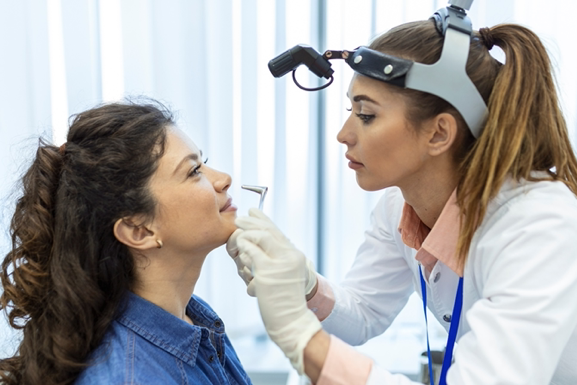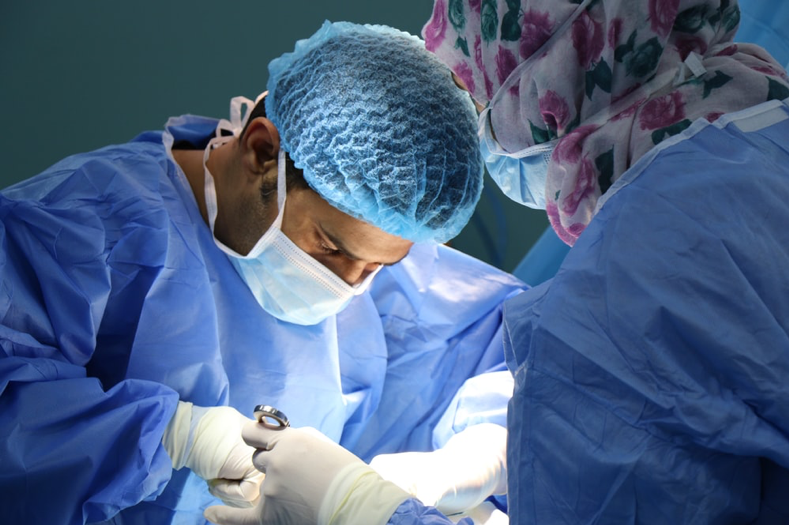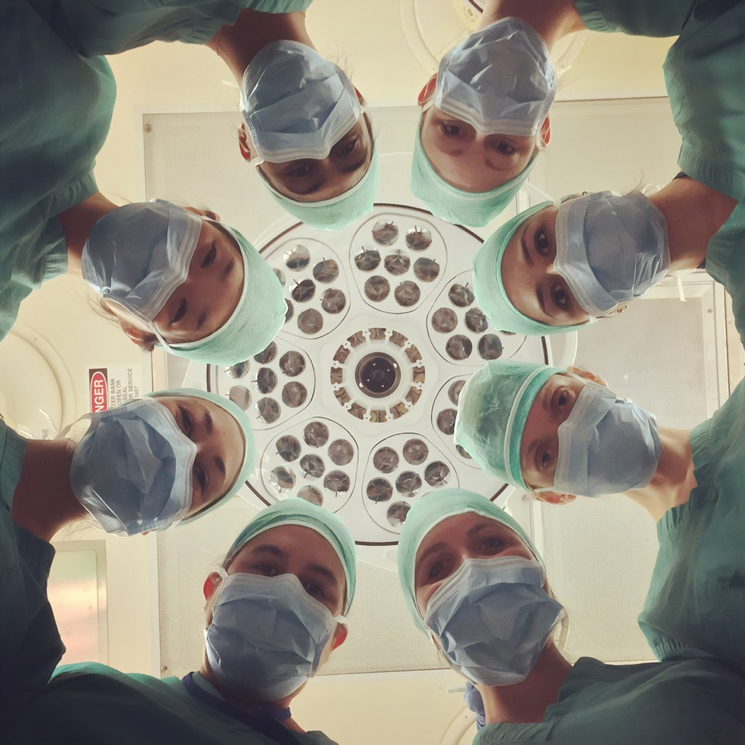What is a sinus infection? Sinusitis affects nearly thirty-one million people in the U.S. alone. On average, Americans spend more than a billion dollars every year on medications to treat sinus infections. If you have asthma, allergies, and structural blockages in the sinuses or nose, you are vulnerable to sinus infections.

(Source)
What Causes Sinus Infections
Sinusitis or inflammation of the sinuses is one of the most common causes of sinus infections. In most cases, bacterial infection triggers sinusitis, but fungi and viruses can also lead to this infection. Individuals with a weak immune system are at greater risk of developing a fungal or bacterial sinus infection. Many people with allergies can also suffer from allergic fungal infections. Acute sinus infection can last up to eight weeks. If your sinus infection extends for more than eight weeks, then you have a chronic sinus infection.
The air-filled cavities located within the bones of the cheeks are also behind the eyebrows and the forehead, on either side of the nose, and in front of the brain.
If you fail to treat a sinus infection that takes place close to the brain, the consequences can be life-threatening. A sinus infection can affect the flow of mucus from the sinuses to the throat. As allergies or infections cause nasal tissue to swell, the swelling traps mucus in the sinuses. Dust, mold, and dander can trigger symptoms all year round, while pollen is a seasonal allergen.
Another factor behind chronic sinus infections is asthma. Individuals with chronic asthma or nasal inflammation can develop chronic sinusitis that is not triggered by infection. Asthma patients can improve their condition by seeking appropriate treatment from an ENT specialist.
Types of Sinus Infections
Acute sinusitis: begins with cold-like symptoms and can last two to four weeks
Chronic sinusitis: symptoms last for twelve weeks or longer
Subacute sinusitis: lasts for four to twelve weeks
Recurrent sinusitis: may happen several times a year
Symptoms and Diagnosis
Most people mistake a bad cold for a sinus infection. That’s because the symptoms are pretty much the same, including facial pain, nasal congestion, runny nose, and headache. But here are some of the most common symptoms of sinus infections.

(Source)
Symptoms
- Nasal congestion or stuffiness
- Discolored nasal discharge
- Frequent headaches
- Postnasal drip
- Tenderness of the face
- Tooth pain
- Bad breath
- Fatigue
- Fever
- Cough
Diagnosis
In case your symptoms do not subside after using over the counter medication and prolong for more than eight weeks, you must consult a professional ENT specialist. An ENT doctor examines the nose, throat, and sinuses, checks for symptoms, and looks into your symptoms. He may recommend a sinus CT scan for inspecting your nasal cavities. The procedure involves using a flexible, long, and thin tube with a light and camera at one end. The doctor inserts this tube through the nose.
Since the procedure is not painful, you don’t need to panic. Your doctor may use a light anesthetic nasal spray for making you more comfortable during the procedure.
Treatment
Once diagnosed, here are the possible treatment options your doctor is most likely to recommend for treating a sinus infection.
Antibiotics
Initially, if the doctor feels antibiotics can cure your sinus infection, he will give you a prescription. Depending on the type of antibiotics, you can take them for three to twenty-eight days. However, your doctor may suggest a long treatment plan because the sinuses are located deeply in the bones, and blood supply is limited. Antibiotics eliminate the infection by attacking the bacteria but may not alleviate the symptoms until the bacteria get eliminated. You can take over-the-counter pain relievers for relief.
Nasal Decongestant Sprays
Topical decongestants can provide relief for no more than three to four days. The sprays shrink swollen nasal passages and help with the flow of drainage from the sinuses.
Antihistamines
Antihistamines prevent inflammation by an allergic reaction and combat allergy symptoms that lead to swollen sinus and nasal passages.
Nasal Saline Washes
Another remedy for a sinus infection is to use nasal saline washes to clear thickened secretions from the nasal passages.
Surgery
If your symptoms do not get better after using antibiotics or the above treatments, your doctor will recommend surgery as a last resort. In a sinus injury, an ENT surgeon will fix defects in the bone that separates the nasal passage, opens up closed pathways, or removes nasal polyps. The doctor performs the surgery under general or local anesthesia, and patients usually return home the same day.
Final Thoughts
Sinus infections can worsen over time if you don’t seek medical treatment. If you think you have a sinus infection, don’t ignore your symptoms. Contact NYC’s top ENT specialist Dr. Michael Burnett to book your appointment today and get the best treatment for your sinus infection.
Michael C. Burnett, MD
115 East 57th Street
Suite 600
New York, NY 10022
Sources







 Studies have consistently shown that advancements in sinus surgery techniques lead to improved patient outcomes and satisfaction. For example,
Studies have consistently shown that advancements in sinus surgery techniques lead to improved patient outcomes and satisfaction. For example, 
 Identifying and managing your allergies can significantly improve sinus symptoms. Consider undergoing allergy testing to pinpoint your specific triggers. Once identified, allergen avoidance strategies and treatments like antihistamines or
Identifying and managing your allergies can significantly improve sinus symptoms. Consider undergoing allergy testing to pinpoint your specific triggers. Once identified, allergen avoidance strategies and treatments like antihistamines or 
 Here are some benefits of getting this type of surgery for extreme sinus conditions:
Here are some benefits of getting this type of surgery for extreme sinus conditions:






